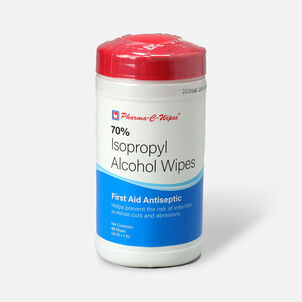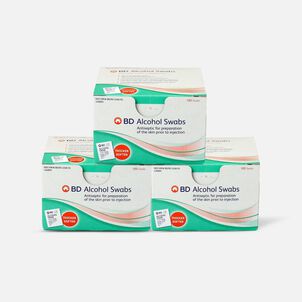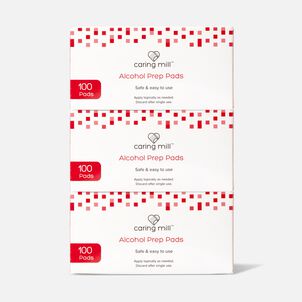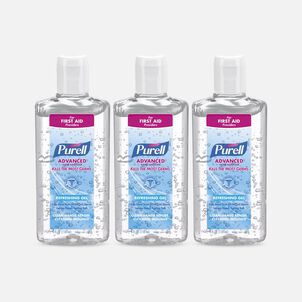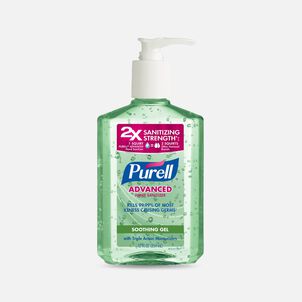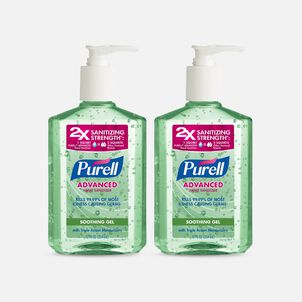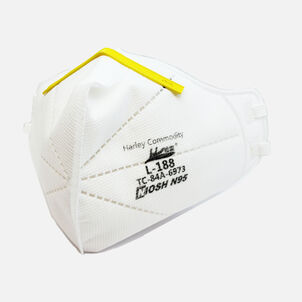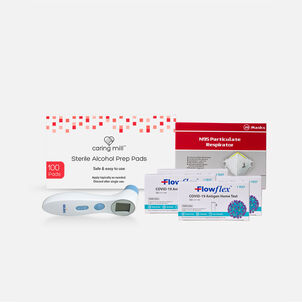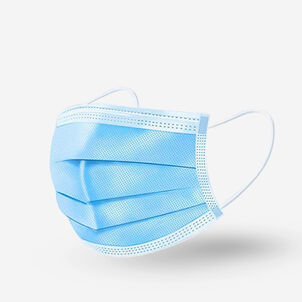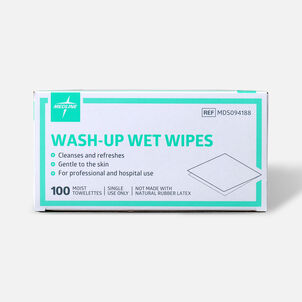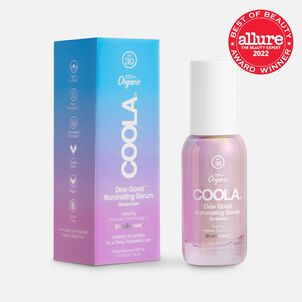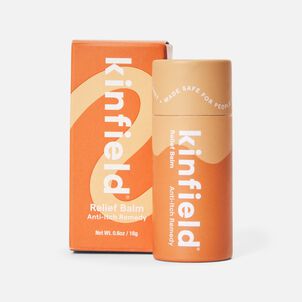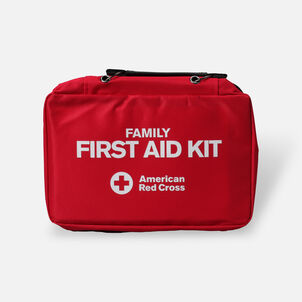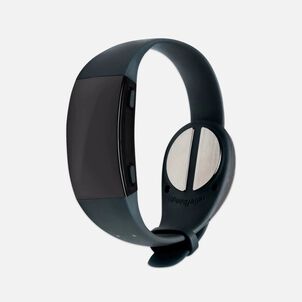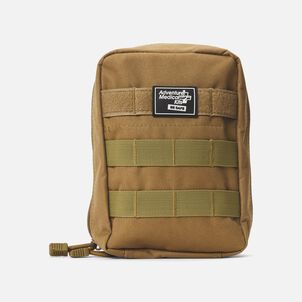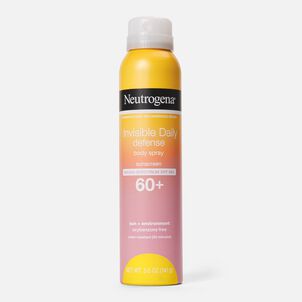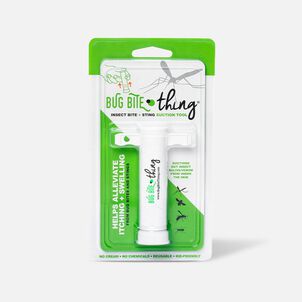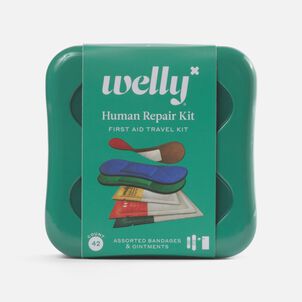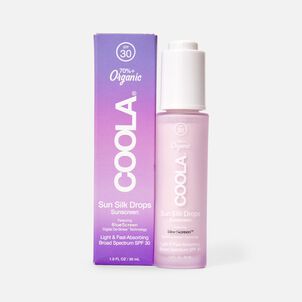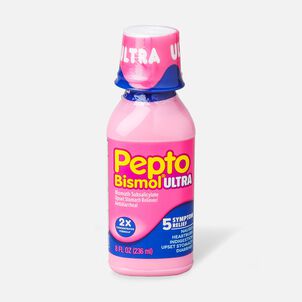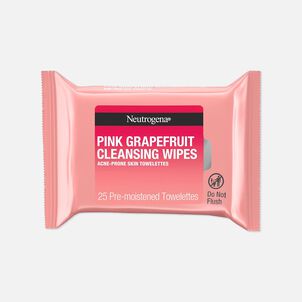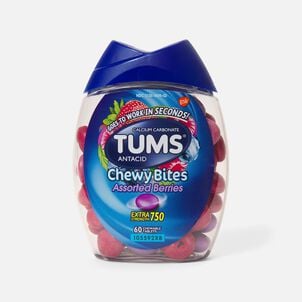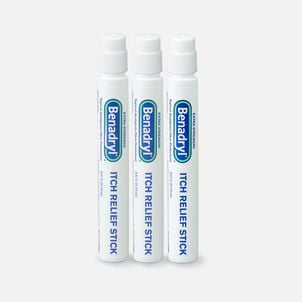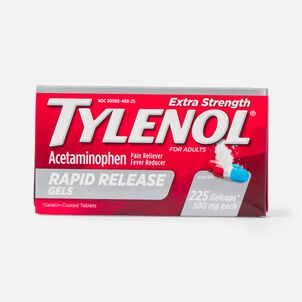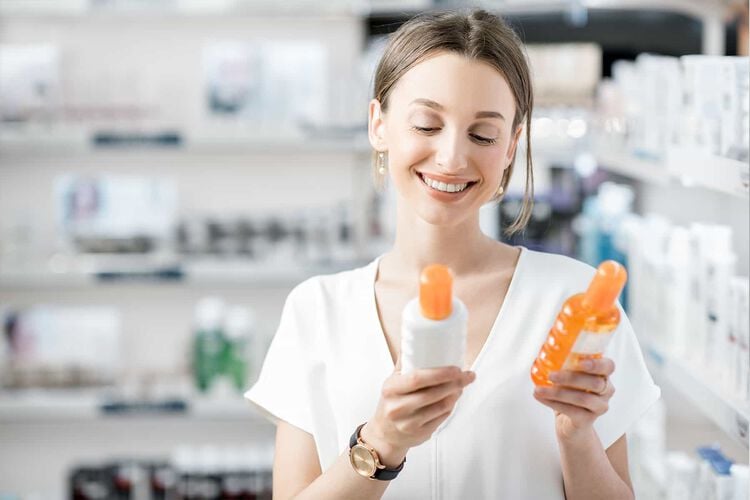After more than two years of feeling cooped up, over 219 million Americans are now fully vaccinated and looking to get out there and find some adventure. Whether that means biking to your local park for a picnic with friends, or packing your bags and flying off to an exotic destination, we have tips for how to stay healthy and be prepared for wherever your travels take you.
Check the travel restrictions for your destination
Fully vaccinated Americans can travel anywhere within the continental United States (following proper COVID-19 precautions), now including Hawaii. Hawaii previously required a negative polymerase chain reaction (PCR) test before entry. Beginning March 26, 2022, there are no COVID-related requirements for arriving domestic passengers. Travelers arriving in Hawaii directly from international airports must still comply with U.S. federal requirements — the best travel strategy is to always consult with your airline.
Some foreign countries will require proof of your COVID-19 vaccine, while others may also require a negative PCR test. You don’t want to be blindsided by regulations after the tickets are purchased and you are standing at the airport, so plan ahead. CDC has put together a comprehensive list of requirements and restrictions for countries across the globe.
Even if you are fully vaccinated
Planning ahead is more important than ever, which means having the right travel essentials is key. You’ll want to consider continuing to wear a mask in certain circumstances, “...where required by federal, state, local, tribal, or territorial laws, rules, and regulations, including local business and workplace guidance,” is how The Centers for Disease Control and Prevention define the mask mandate. While this is still the case, be sure to invest in a high-quality mask like a KN95 which is a protective, non-medical mask featuring 5 layers.
How do I know if I'm fully vaccinated?
*People who are considered fully vaccinated:
- 2 weeks after their second dose in a 2-dose series, such as the Pfizer or Moderna vaccines
- 2 weeks after a single-dose vaccine, such as Johnson & Johnson’s Janssen vaccine
If you are flying somewhere
It is always a good idea to consider high-touch areas like arm rests, seat belt buckles, and the likes. A jet setter pro tip: wipe down your immediate area when you first board the plane. This is where sanitizing wipes come in handy (especially hand sanitizing wipes covered by your FSA or HSA). If not COVID-19, other harmful germs and bacteria are always present, and can be a surefire way to send the start of your vacation into some serious turbulence.
Whether you’re an adventurer with ambitious plans to hike the Alps, or more of a road tripper in search of the perfect beach day, no journey is complete without a travel first aid kit. And for outdoor activities, don’t forget about sunscreen. Even a small blister, or a little sunburn, can be a big buzzkill for your first vacation in 14 months.
Travel companions
Before you get carried away on your next journey, make sure to refill your prescriptions and pick up any over-the-counter meds you might need while traveling. No stranger to seasickness? Bring some Dramamine. Prone to sneezing in botanical gardens? All-day allergy meds like Zyrtec or Flonase work like a charm.
With a little bit of extra planning and precaution, you can easily enjoy the trip you have been dreaming about for the past 14 months. The best part about most of these travel essentials is that they are fully FSA eligible and available at FSAstore.com — planning with pre-tax funds is a smart way to turn a good vacation into a great one.
-
Thanks for visiting the FSA Learning Center! To stay on top of all FSA news that can affect your health and financial wellness, be sure to follow us on Facebook and Twitter.
*Source: https://www.cdc.gov/coronavirus/2019-ncov/vaccines/fully-vaccinated.html

